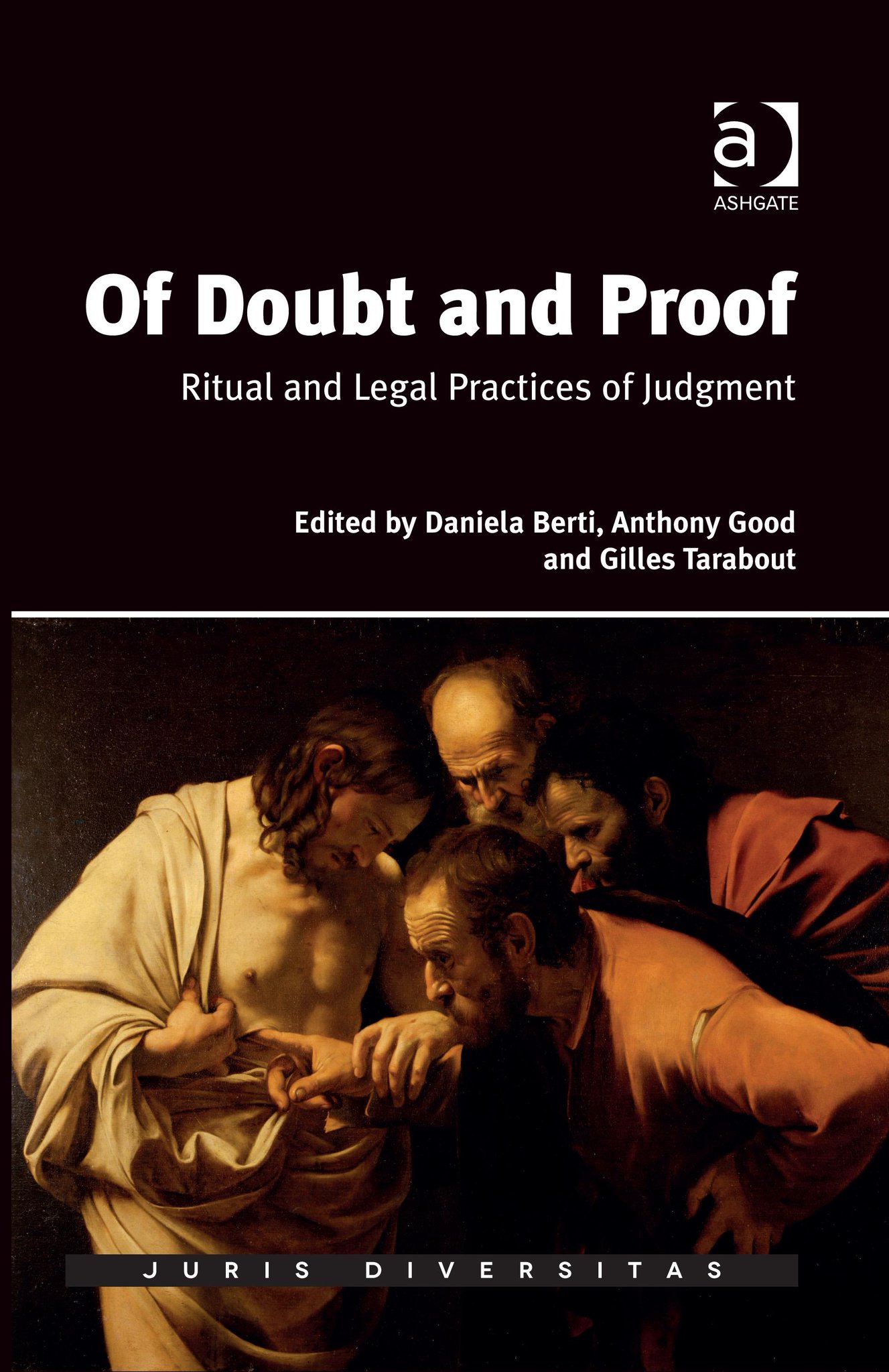 By Mohamed A. Arafa
Indiana International & Comparative Law Review, Vol. 24, No. 4, 2014
By Mohamed A. Arafa
Indiana International & Comparative Law Review, Vol. 24, No. 4, 2014
One important question has been raised since the now-removed Islamist President Mohammad Morsi took the office of the Republic on June 30, 2012: will Egypt be an Islamic State with legislation based onIslamic (Sharia) Law? Egyptian people expel the accusations proliferated by extremist streams and radical Islamists that the concept of a “civil (secular) State” is anti-religious or that it interests only the prosperous minority. Such untrue discourse and dialogue by extremists misinforms the folks, as the human logic and knowledge shows that a State which is based on just laws, fair statutes, and respect for human rights is not antagonistic to religion, and is in the public interest of the whole community. Furthermore, playing on religious sentimentalities by saying that God’s (Allah’s) sovereignty — as argued by some rigid classical religious jurists — rather than the people destabilizes the legal institutions and main foundations of the modern democratic civil state by adopting and codifying theocratic and radical notions takes Egypt back into the Dark Ages. Accordingly, this opens the door to complicated issues in constitutional litigation, and the enactment and repeal of legal rulings according to religious interpretations based on misunderstanding of the principles of divine sovereignty in Islamic law.
In this domain, the conflation of Islam and Islamism has permeated the interpretation of Egypt’s ethnic and personal character, leading one legal and political scholar to label the Muslim Brotherhood as “the Muslims” or “Islamic” while calling their opponents “non-Islamic.” Islamism is considered a vague politicization of a specific religious attitude throughout the Middle Eastern Arabian World and cannot be associated with Islam as a belief or faith. The Egyptian Government, along with Egyptians, are in favor of having a place in a civil democratic Egypt for quiet, peaceful Islamists who would not want to change the State’s national character and the form of its government into an Islamic religious theocracy. The scuffle to define and explain the concept of “Islam” in Egypt has a long legal and constitutional history as those who favor political Islam square off against those who prefer a more secular-oriented form of government. Generally speaking, the state’s main obligation in any country is to preserve public order and protect and defend its national citizens. This duty is generally difficult to harmonize with the accountability of any non-state dynamic.
To further illustrate the far-reaching effects of the June 30 and July 3 events, this Article contains four parts including the introduction. Part two provides a concise framework establishing the theoretical and ethical underpinnings of Egyptian politics. Then, part three discusses the definition of the relevant religious laws and legislation in Egypt and how they can be enacted under Islamic law in the light of the flexible Sharia’s definition and interpretation, especially within the new provisions of the 2014 Constitution. This Article concludes in part four by arguing that talks about Islam, Islamism, and political Islam are understood only as discourse about power, and always will impede any régime [tyrannical and autonomous] that does not generate a place for its survival. What Egypt essentially needs at the present status quo — more than anything else — is an Islamic resurgence and religious revival in the light of an innovative reinterpretation of Islam [Islamic law] and its teachings as a dialogue of freedom and liberty. Whatever the ultimate aftermath is in Egypt, it will cause undulations that will resonate throughout the Middle East and the rest of the world.
 By Michael A. Helfand Pepperdine
By Michael A. Helfand Pepperdine 



